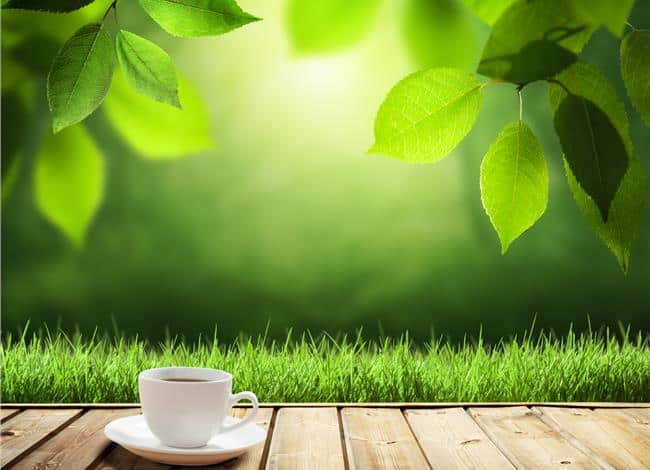
Second only to water, tea is the most widely consumed beverage around the world. Tea leaves are rich in flavonoids that are sources of antioxidants, and there are many health benefits associated with drinking tea. People who are sensitive to caffeine opt for decaf tea, but does decaf tea still have caffeine?
To start with, tea generally has less caffeine than coffee. According to Mayo Clinic (1), an average cup of brewed coffee has about 100-200 mg of caffeine.
An average cup of black tea has about 40 mg of caffeine, but the amount of caffeine you get from tea can vary greatly.
The age of the leaf, type of manufacturing, how long the tea is steeped and even the temperature of the water can influence how much caffeine is from tea leaves (2).
While there are some types of tea that are completely caffeine free, decaf teas will still contain small amounts of caffeine. Should you drink decaf or regular tea?
It depends on how much tea you are drinking. Getting up to 400 mg of caffeine per day is considered safe for healthy adults, but people who are sensitive to caffeine may need much lower levels.
How much caffeine is in decaf tea?
According to Arbor Teas® (1), any tea that says caffeine free is not made from true leaves of the camellia sinensis tea plant.
Decaf teas will still have small amounts of caffeine in it because caffeine is naturally in the plant.
Herbal teas like mint or chamomile tea will be caffeine free because they are not made from true tea leaves.
The amount of caffeine in decaf tea will vary depending on the type of tea and decaffeination process. In general, decaf teas usually have less than 5 mg of caffeine per serving.
When might decaf be better for health?
Drinking up to 8 cups of tea per day is about equal to the general recommendation for consumption of daily caffeine, up to 400 mg. However, some people do better with smaller doses of caffeine.
A 2008 article from Telegraph (4) suggests if you drink more than 8 cups of tea per day, substituting a couple cups with decaf or herbal tea might be a good idea.
Pregnancy can change the rate of caffeine metabolism, so pregnant women may want to especially watch their caffeine intake.
Pregnant women should consult their health care team for individual caffeine recommendations, but generally up to 6 cups of tea can still be tolerated.
The concern with caffeine during pregnancy is related to miscarriage risk. A 2008 study (5) found that high doses of caffeine during pregnancy increase risk for miscarriage. The strongest association was in women who had no history if miscarriage.
Some medications or health conditions may warrant a reduced level of daily caffeine. Caffeine can interfere with absorption of some minerals like iron. If someone has low iron levels, limiting caffeine intake may be beneficial.
An easy step to lowering caffeine content from regular tea
If you want to cut back on caffeine with regular tea, there is an easy solution (6). Pour boiling water over your tea bag and let it sit. After one minute, discard the tea water. Pour new boiled water back into the cup with your tea bag and drink.
Removing the initial hot water gets rid of most of the caffeine content from tea. Using the tea bag after that will provide the same flavor just less caffeine.
Other caffeine sources
If you are wanting to lower your caffeine intake, make sure you get all your sources. Tea is relatively low in caffeine. Coffee is higher in caffeine, so if you are serious about cutting your caffeine intake decaf coffee may have a greater effect.
Energy drinks can be higher in caffeine especially if there is more than one serving per bottle.
A 2012 Consumer Report (7) found that energy drinks can range between less than 10 mg per serving to over 240 mg of caffeine per serving.
Weight loss supplements or other energy boosting supplements can also contain caffeine.
Caffeine’s effect on the body
Caffeine is a stimulant. It excites the central nervous system and can increase heart rate and urine flow. There has been some research suggesting caffeine may have a benefit during exercise as well.
Long term use for caffeine, especially high intakes, is not known. However, staying under the general guideline of 400 mg per day is considered a safe level for most people.
Benefits of tea
According to the Tea Association of the U.S.A Inc. (8), the benefits of drinking tea include lowering risk of some diseases like heart disease and some cancers.
The antioxidants from tea can have many benefits in the body by protecting cells from damage caused by free radicals.
Drinking tea may also be beneficial for bone health. Some research indicates drinking tea is associated with higher bone mineral density. Some research also suggests tea may have a small effect in increasing metabolic rate and may have an effect on insulin activity in the body.
Conclusion
Drinking tea is associated with many health benefits, and tea is one of the most widely consumed beverages in the world. Tea caffeine content is relatively low compared to coffee and energy drinks. Nevertheless, if someone is looking to cut down on caffeine intake, decaf tea does have significantly less caffeine than regular tea.
If you want to avoid caffeine all together, drink teas made from herbs. The tea plant itself contains caffeine so even decaf tea will have a small amount of caffeine.
You can lower caffeine content of regular teas by pouring boiling water over tea, letting it sit for 1 minute and discarding the water.
Tea made with the tea bag after this process will have most of the caffeine removed.
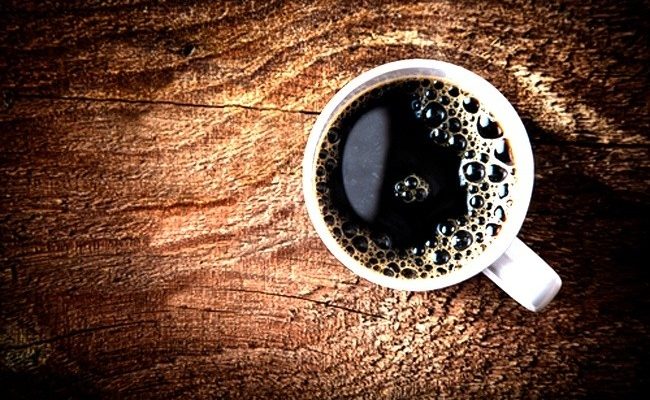
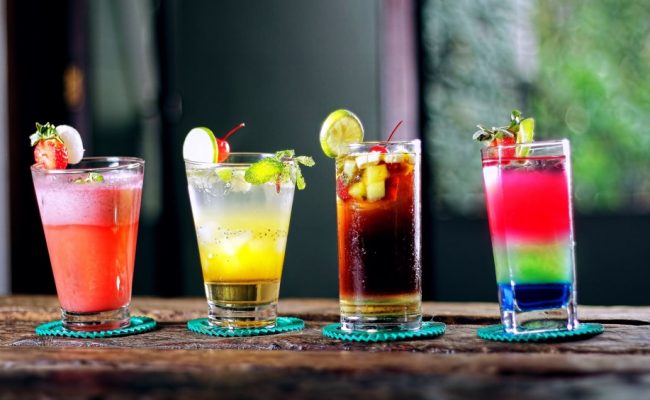
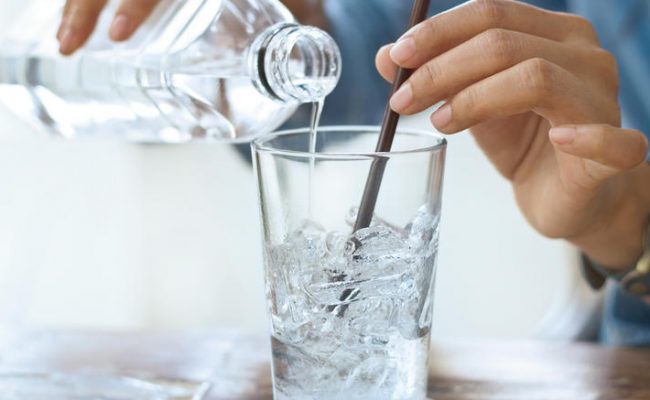
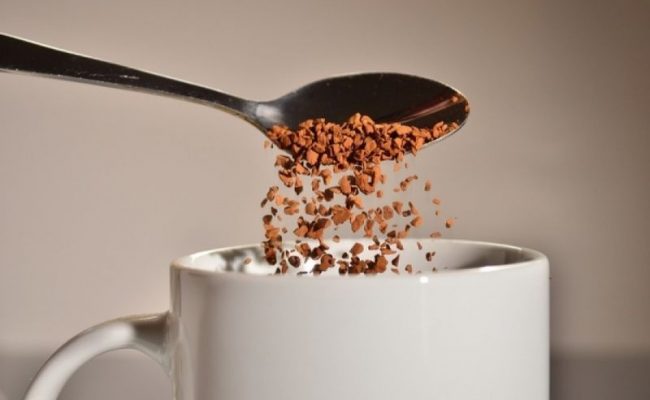
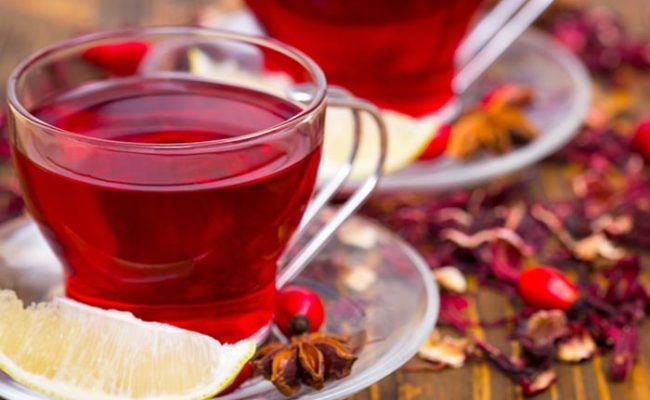
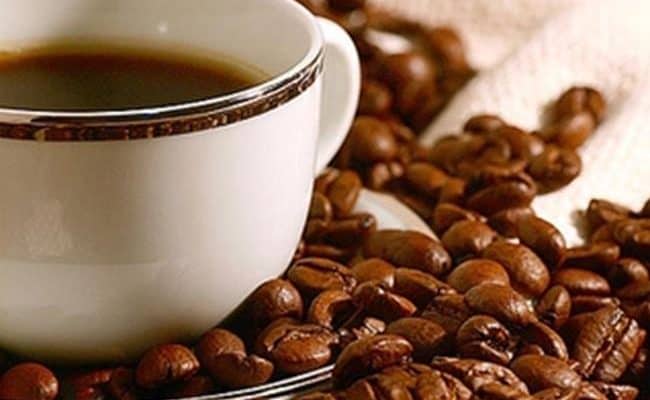
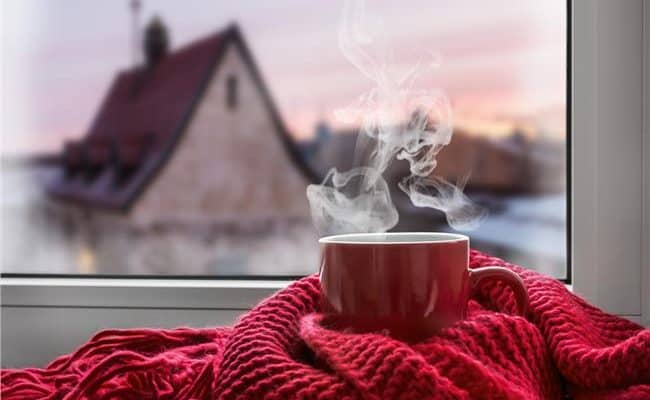
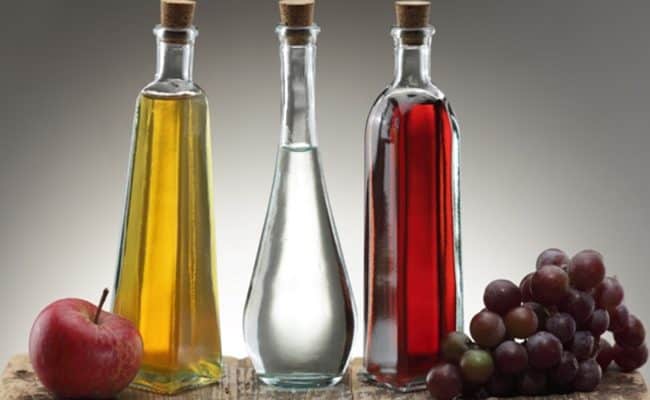
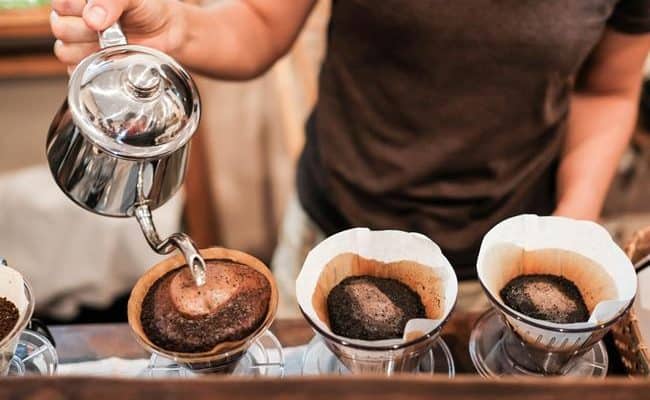


Tracy Ferguson says
Hi Holly,
Thanks for sharing such a great information about caffeine consumption per day. Can you please tell how much tea spoon or gm of tea contains 400 mg caffeine?